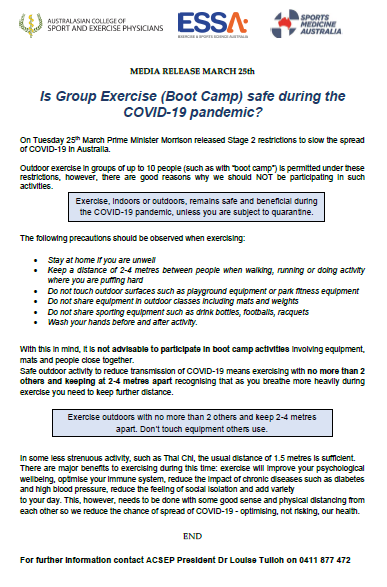
Emergency Departments in Australia are starting to get completely overwhelmed in every state. I don’t have all the answers on how to fix this, but...one measure that could relieve some pressure if Medicare is prepared to reverse 3 decades of bad policy….1/🧵
In Australia, almost 30% of Emergency Department presentations are musculoskeletal/injury related slhd.nsw.gov.au/rpa/start/pdf/…
This % appears to be higher than in analogous countries like UK, USA and NZ, where musculoskeletal presentations are at or less than 20% ncbi.nlm.nih.gov/pmc/articles/P… boneandjointburden.org/docs/T6A.2.1.p…
Over the past 30 years, Medicare policy has driven acute musculoskeletal problems to the ED in Australia and Health Ministers and bodies like @ama_media have complicitly waved this through
Acute conditions which typically present to ED in Australia rather than musculoskeletal specialists: sports injuries, acute lacerations, back pain, sporting concussions, knee and ankle sprains.
This was fairly dumb policy from the 1990s until 2019 (funneling acute MSK to the ED) but in the pandemic it is now terrible policy, as the unnecessary MSK consults exacerbate ambulance ramping etc.
A peculiar Australian quirk of course is that Medicare is Federally funded and they try to “save money” by restricting out-of-hospital services, but the Feds have to fund the states who keep putting their hands out for more $$$s for Emergency Departments
Why spend millions (on out-of-hospital care) when you could get the same care done in hospital for……billions? 

How does Medicare specifically stop acute musculoskeletal conditions like sports injuries from being treated acutely by the actual experts, such as sports physiotherapists and Sport & Exercise Medicine (SEM) physicians? @ACSEP_ @president_apa
Firstly, the rule that physios and SEM physicians must have a GP referral to these practitioners in order to be seen under Medicare. So you can’t see physio or SEM on a weekend for an acute injury under Medicare without seeing a GP first.
Secondly, making most GPs rely on bulk-billing and removing weekend loading for rebates (when GP practice is only borderline viable on weekdays) means that it is not economic for most GPs to even open on the weekend.
Thirdly, Medicare rebates for physios have always been poor and for chronic conditions only. SEM registrar rebates have literally been frozen for 30 years and Medicare rebates for SEM specialists are currently lower than they were 20 years ago. smh.com.au/sport/australi…
So…you can’t see physio or SEM on the weekend for an acute sports injury without GP referrals but GPs aren’t working on the weekend, and if you negotiate this hurdle you pay most of the visit cost out of pocket because of the poor rebates.
What the patient hears is: if you have an acute sporting injury on the weekend, do not bother trying to find an expert to treat it out-of-hospital. Not available via Medicare. Go directly to the (free) Emergency Department.
I worked at weekend sports injury clinics in Melbourne in the 1990s and Sydney in the 2000s, and only a handful remain around Australia, but Medicare policy has deliberately put most of them out of business in the last 15 years
SEM physician practice in Australia is now well-defined as doing long consults for generally very chronic MSK conditions
bmjopensem.bmj.com/content/7/4/e0…
bmjopensem.bmj.com/content/7/4/e0…
But working in wealthy areas and charging large out of pockets because Medicare doesn’t allow SEM to get rebates for Chronic Care consults either threadreaderapp.com/thread/1178930…
The decision-makers regarding Medicare don’t want SEM physicians or sports physios anywhere near acute sports injuries, and they don’t want GPs open on the weekend. The result: overcrowded Emergency Departments.
@threadreaderapp unroll please
#Physiotherapy now trending on Twitter, long may it stay there, and may as well tag this thread @apaphysio @kaymcrossley @KimBennell @DrChrisBarton @PeteOSullivanPT @president_apa @BruknerKhan @FigtreePhysio
Out of interest, in New Zealand they have a national scheme which treats Sports injuries (& home injuries) in exactly the same fashion as Work and Traffic injuries (ACC). You can see physio, Sport & Exercise medicine physicians for acute sports injuries under ACC
• • •
Missing some Tweet in this thread? You can try to
force a refresh




